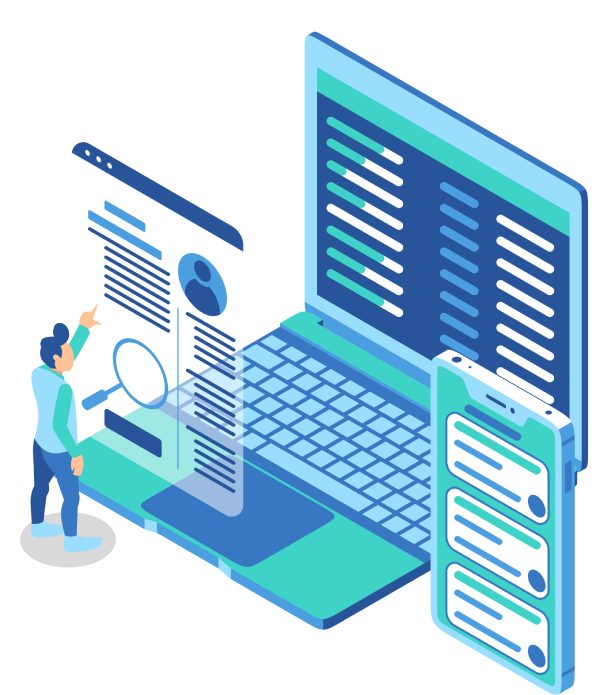Big data & Analytics

Big Data
Cyber Infotech understands that Big Data is volume, velocity, variety and value. Data volume, velocity and variety limit the ability to perform effective analysis using traditional approaches. Big Data refers to datasets that grow so large that it is difficult to capture, store, manage, share, analyze, and visualize with typical database software tools. We understand the challenges and opportunities of Big Data and that organizations seek solutions supporting evidence-based decisions.
Operational Big Data
For operational Big Data workloads, NoSQL Big Data systems such as document databases have emerged to address a broad set of applications, and other architectures, such as key-value stores, column family stores, and graph databases are optimized for more specific applications. NoSQL technologies, which were developed to address the shortcomings of relational databases in the modern computing environment, are faster and scale much more quickly and inexpensively than relational databases.
Critically, NoSQL Big Data systems are designed to take advantage of new cloud computing architectures that have emerged over the past decade to allow massive computations to be run inexpensively and efficiently. This makes operational Big Data workloads much easier to manage, and cheaper and faster to implement.
In addition to user interactions with data, most operational systems need to provide some degree of real-time intelligence about the active data in the system. For example in a multi-user game or financial application, aggregates for user activities or instrument performance are displayed to users to inform their next actions. Some NoSQL systems can provide insights into patterns and trends based on real-time data with minimal coding and without the need for data scientists and additional infrastructure.

Analytical Big Data
As applications gain traction and their users generate increasing volumes of data, there are a number of retrospective analytical workloads that provide real value to the business. Where these workloads involve algorithms that are more sophisticated than simple aggregation, MapReduce has emerged as the first choice for Big Data analytics. Some NoSQL systems provide native MapReduce functionality that allows for analytics to be performed on operational data in place. Alternately, data can be copied from NoSQL systems into analytical systems such as Hadoop for MapReduce.

